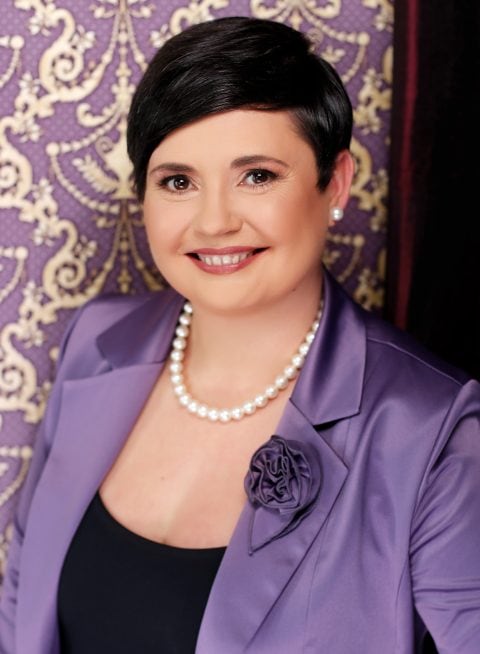Nine people died yesterday in Uherský Brod, South Moravia, the worst peacetime shooting in the history of the Czech Republic. It is a question though if local authorities did all they could to coordinate communication effectively during the tragic event.
The news on the dramatic mass shooting hit me yesterday a bit after 6pm. Prima TV station was one of the first to go live from the scene of the massacre. Coincidence or not, it is the same TV station that the perpetrator, a 63-year old local from Uherský Brod, called to inform on his intentions.
As information kept pouring in from Czech TV stations and online news portals, details about the massacre started to gain contour.
Did the mayor do a good job?
To his credit, the mayor of Uherský Brod, Patrik Kunčar (KDU-ČSL), was among the first to step up to comment on the situation and to express his shock and compassion with the victims.
The mayor was lucky (if luck is an appropriate word in this context): he was among the first to be informed about the ongoing situation by his assistant. Her partner, Petr Gabriel, was among the people the shooter trapped in the restaurant. Gabriel saved his life only because he went to toilet slightly before the shooting started. The man remained blocked in the facility until authorities released his two hours later.
But this is where the mayor’s luck ended. Almost six hours after the shooting Kunčar still wasn’t able to fully confirm the identity of the shooter or his social status.
Watching the mayor in front of the evening news cameras was confusing at best: it was obvious he was trying to do a good job. But in a crisis you can only do a proper job if you can speak based on facts. And it was pretty clear the mayor didn’t have full access to the facts the police president and the minister of interior, Milan Chovanec, who were also on the spot, were sharing with the media.
It was only around 8pm or seven hours after the shooting that the minister of interior confirmed the police had the identity of all eight victims and law enforcers were contacting their families. At no point did the minister or the local law enforcers express regret that it took them so long to identify the victims and stop the agony of those waiting for a call from their dear ones..
This is not the first time when poor coordination among Czech authorities makes communication difficult during crisis: the Prague floods in 2013 also pointed at visible gaps in the way authorities cooperate and communicate during extreme situations.
Take-away lessons from the Uherský Brod crisis:
- In a crisis it is essential to coordinate properly. People expect their elected and non-elected authorities to show some respect by making available whatever information can be communicated at a given point. If information isn’t available, people expect to be told why that information cannot be revealed.
- In any organization it is vital to have a crystal-clear crisis management system that shows who is in charge of what. The crisis management needs to be backed up by a competent crisis communication system that shows who can say what and when.
- It is essential to train your representatives into crisis communications long before something happens: when it does, it is usually too late.
Among the things mayor Patrik Kunčar did well maybe the most important is that he took charge immediately. He stepped up to comment on the situation and he knew it was his job to calm down his constituents. He was mostly calm and contained in front of the cameras. He spoke based on the facts he had at hand. Should he have had more / clearer facts, he could have done an even better job for his shocked community.


